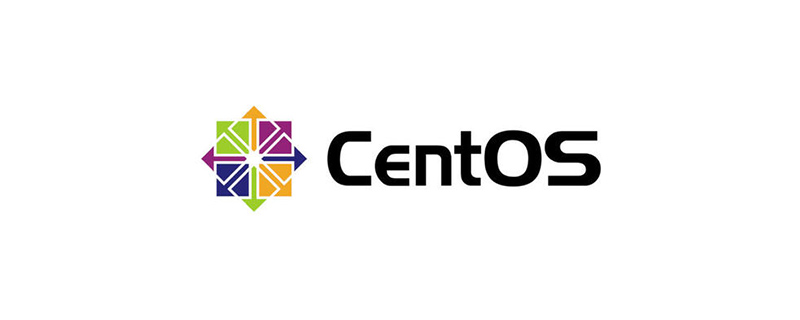

Which version of mysql should I download for CentOS?
Centos is the community release of redhat. The kernel is the same. Just choose the version corresponding to redhat.
Or choose linux-generic, the latter is universal.
MySQL is an open source relational database management system (RDBMS) that uses the most commonly used database management language - Structured Query Language (SQL) for database management.
MySQL features
1. Written in C and C, and tested using a variety of compilers to ensure the portability of the source code
2. Supports multiple operating systems, such as Linux, Windows, AIX, FreeBSD, HP-UX, MacOS, NovellNetware, OpenBSD, OS/2 Wrap, Solaris, etc. (Recommended learning: MySQL Video Tutorial)
3. Provides APIs for multiple programming languages, such as C, C, Python, Java, Perl, PHP, Eiffel, Ruby, etc.
4. Supports multi-threading and makes full use of CPU resources
5. Optimized SQL query algorithm, effectively improving query speed
6. Provide multi-language support, common encodings such as GB2312, BIG5, UTF8
7. Provide TCP /IP, ODBC and JDBC and other database connection methods
8. MySQL software adopts a dual authorization policy. It is divided into community version and commercial version. Due to its small size, fast speed and low total cost of ownership, Especially with the characteristics of open source, MySQL is generally chosen as the website database for the development of small and medium-sized websites
9. MySQL uses the standard SQL data language form
10. Mysql can be customized. Adopting the GPL protocol, you can modify the source code to develop your own Mysql system
This article comes from the PHP Chinese website, CentOS usage tutorial column, please pay attention to this column for more related tutorials!
The above is the detailed content of Which version of mysql should I download for CentOS?. For more information, please follow other related articles on the PHP Chinese website!